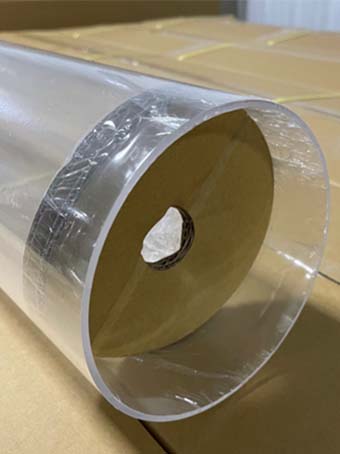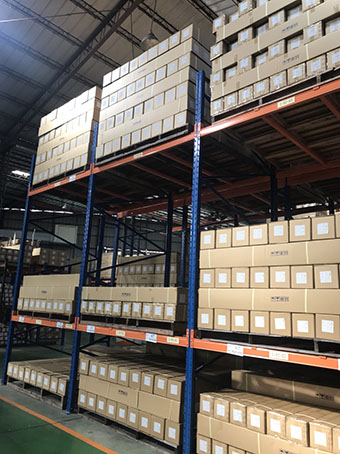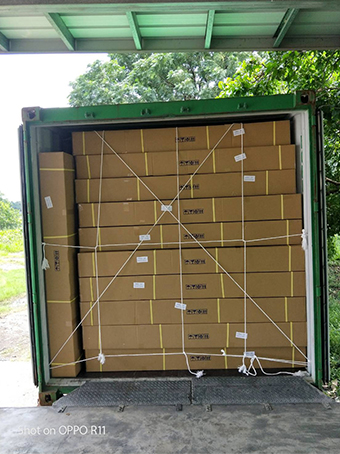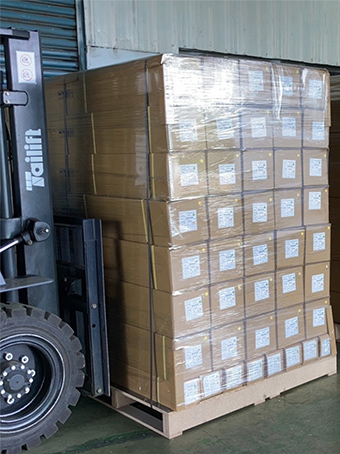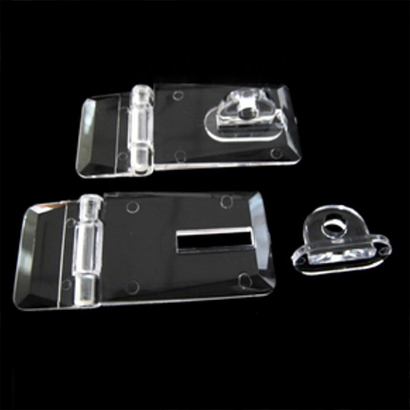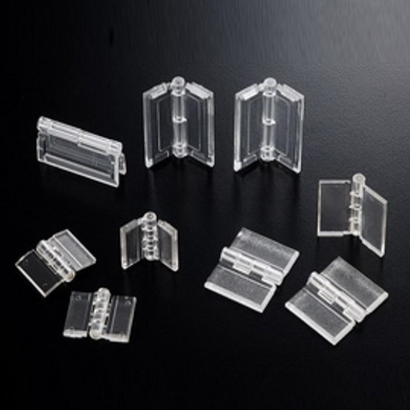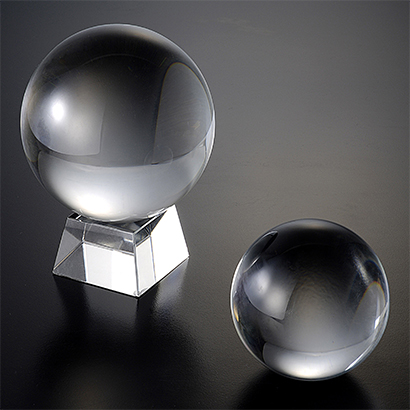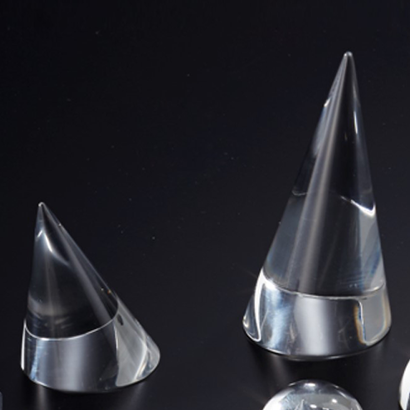Transparent Screw and Nut
SME's transparent screw are divided into round heads and flat heads, which can be matched with the nuts. They are widely used in acrylic processing products, teaching aids, pet cages, etc.
Description
Transparent Screw and Nut Specifications

| Screw | ||||||
| A x B (mm) | 4 x 8 | 4 x 12 | 4 x 16 | 4 x 20 | 4 x 25 | 5 x 12 |
| A x B (mm) | 5 x 16 | 5 x 20 | 5 x 25 | 5 x 30 | 6 x 30 | -- |
| Nut | |||
| A (mm) | 4 | 5 | 6 |
Transparent Screw and Nut Features
• PC Material
• With more than 10 sizes
Transparent Screw and Nut Application
• Widely used in acrylic processed products, teaching aids, pet cages, etc.

Customized Acrylic Processing Service

- Cutting: Cutting according to the size required by customers, the precision tolerance can reach ±0.5mm
- Polishing: Treat the acrylic surface with a diamond polishing machine to make it smooth and translucent.
- Drilling: Drilling according to customer's requirements, and it is matched with customer's sample kit.
- Bending: Bending according to customer's requirements, heating the acrylic tube, and then bending with jigs.
- Chamfering: The edge of the acrylic pipe is chamfered to reduce sharp edges.
- Printing: Print patterns, words or images onto the acrylic surface to achieve personalized decorative effects.
- Laser cutting: Using high-power laser beams for precise cutting can achieve diverse cutting needs.
- Assembly: process and assemble with the accessories required by customers to complete one continuous line service.
Not all acrylic specifications are available for the above
services, please inform us of your needs first, SMEACRYLIC will have a professional team to
evaluate for you.
About SMEACRYLIC®
- SMEACRYLIC® is a Taiwan based manufacturer which was founded in year 1980, a Professional Manufacturer in Extrusion Technology.
- We specializes in extruding various kinds of plastic Profiles, Tubes, Rods and Sheets which be used in displays, decorations, lighting, illuminated advertising, architectures and a lot more applications.
- Approximately 90% of our products are exported to over 40 countries worldwide including numerous well-known brands. Over the years, we have expanded to become the market leader in extrusion field in Asia.
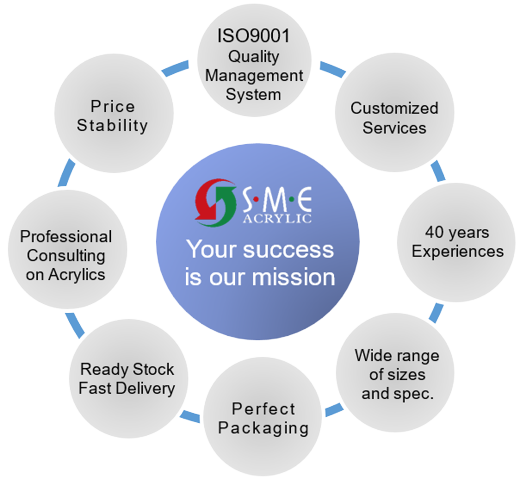
QUALITY WE CARE

We insist on using 100% virgin materials.
We insist on using international branded raw materials (Sumipex, Mitsubishi, Evonik)
We insist on keeping sample records of raw materials, all raw materials are traceable.
Technical Service
SME is a customer driven company. Only
satisfied customer will ensure our
continued success. Buying goods from SME you can have a
comprehensive consulting service
package.
The following are some of the systems that we
implemented to provide our
customers with the excellent support and service.
- We developed on line catalogue for our customers.
- Stock system always offers efficient prompt delivery.
- Samples available for most of our products.
- Our home-made moulds offer fast and precision work to ensure customers' satisfaction.
- Efficient ISO-9001 managing system ensures quality stability.
Manufacturing Process
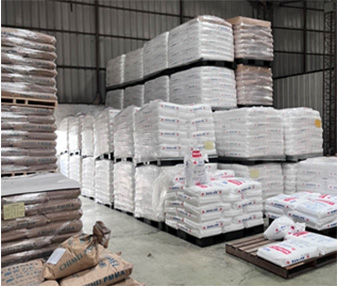
Raw material import
100% virgin material
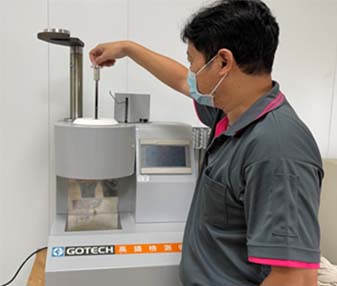
Raw material inspection
Test raw material melt index
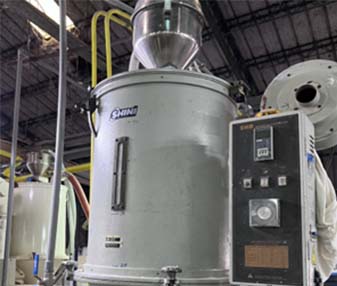
Pre-drying
Raw material drying, remove moisture
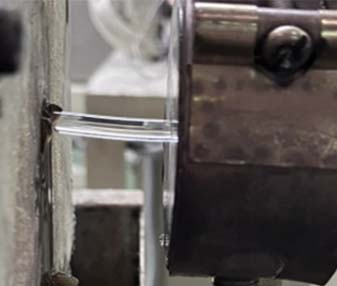
Extrusion
Shapes produced through different dies
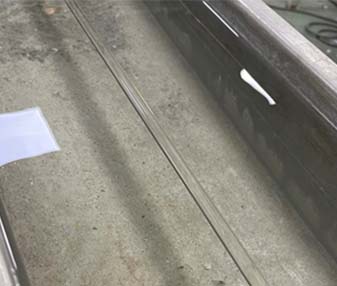
Cooling
Cooling and shaping
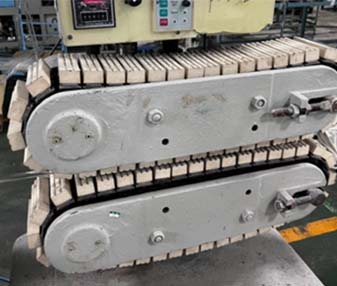
Puller
Control extrusion speed
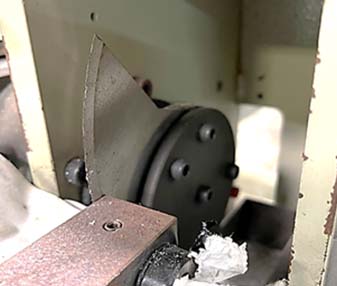
Cut to size
Cut according to the required length
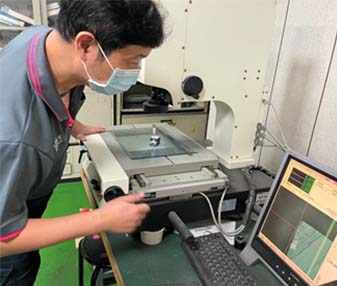
Projection measure
Accurately measure via magnification
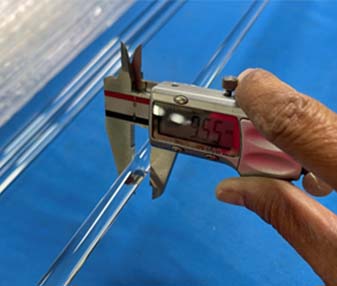
QC inspection
4 steps inspection applies during
extrusion
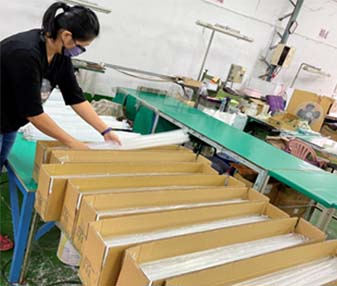
Packaging
Carton package to enhance product
protection
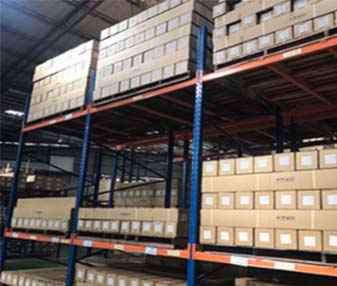
Warehousing
Instant warehousing, EPR control
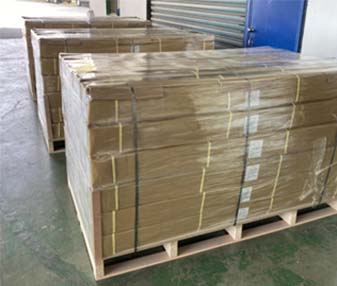
Shipment
Well packed for delivery
Inspection Equipment

Non-contact Image Measure System
Equipped with a high-resolution and
high-precision color camera to
accurately measure the size through magnification.
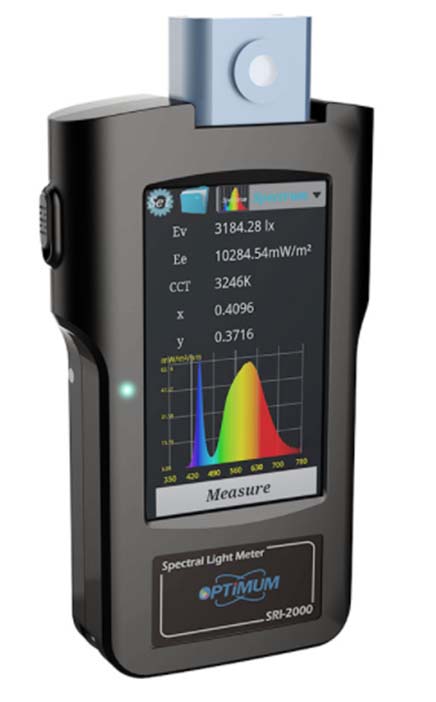
Illumination Meter
Accurately measure illuminance, color
temperature, CRI, spectrogram, and
light measurement related data.
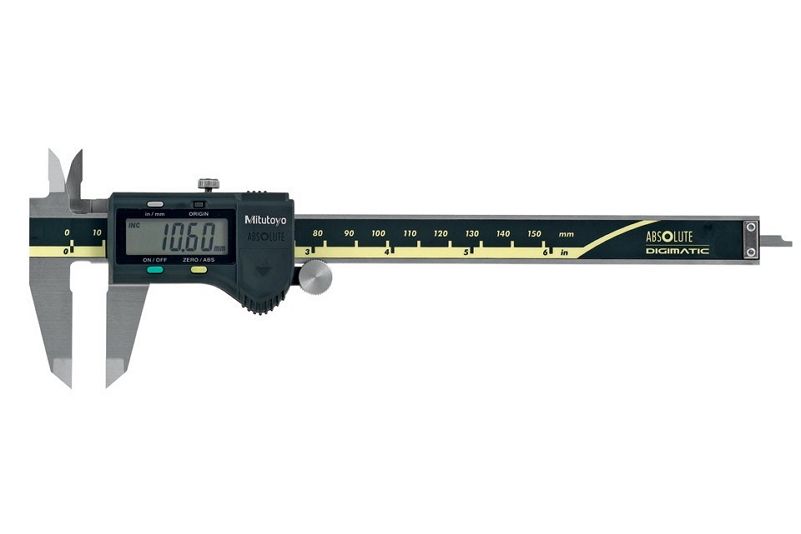
Calipers
We use Mitutoyo LCD vernier calipers from
Japan to ensure that the size
and tolerance requirements.
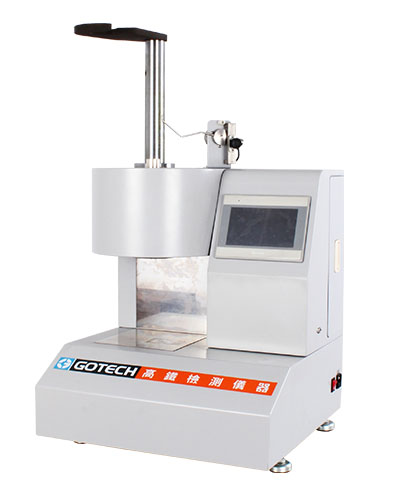
Melt Flow Indexer
To detect the Melt Index of raw materials
to ensure the quality and
stability of raw materials.
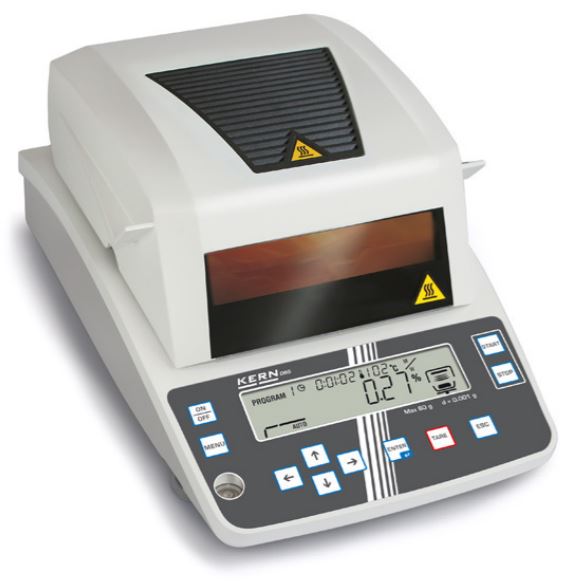
Moisture Analyzer
To quickly determine the free water
content of chemical raw material
samples.
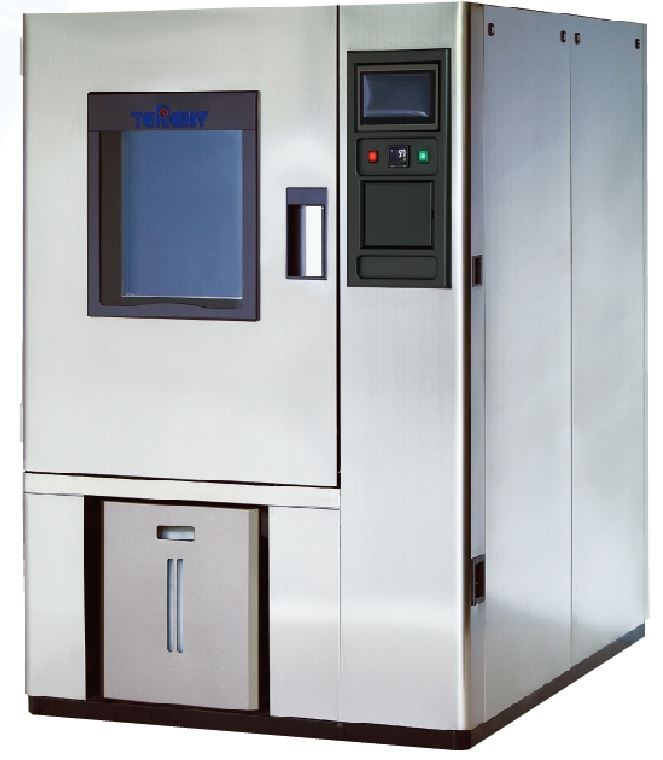
Temperature & Humidity Test Chamber
Simulate the environment of high
temperature and high humidity to test the
material change and strength attenuation of our
products.
Production Equipment
Profile Extrusion Machines : 22 lines


7lines
Acrylic Rods
9lines
Acrylic Tubes
6lines
Other Profiles
3,500tons / yr
Production Capacity
Perfect Packaging
SMEACRYLIC® packaging advantages
- Exclusive shrink film packaging slows down the water absorption of acrylic
- Giving you a good cutting experience
- Effectively avoid scratches on acrylic tube surface during cutting
- Small tubes are bundled to increase the strength and are not easy to break
- Bubble Wrap protects the tubes druing transportation
- Carton protection, convenient for warehouse management
- Square package, maximizing the storage capacity of the warehouse
ISO-9001 : 2015 CERTIFIED


International Exhibition
Related FAQ
What is Acrylic (PMMA) ?
Q: What is Acrylic (PMMA)? Acrylic is called "polymethyl methacrylate" Poly (methyl methacrylate), referred to as PMMA, also known as plexiglass, has the reputation of "plastic crystal", and is often used as a substitute for glass. 92% light transmittance,
good weather resistance, easy machining, can be adhered with chloroform, and suitable for all kinds of painting and printing (suitable for acrylic materials). The basic chemical structure of acrylic resin is acrylic acid (Acrylic acid), which is
a by-product of petroleum extraction. The scientific name of acrylic resin is Poly Methyl Methacrylate. In 1920, Rohm And Hass Company developed a synthetic resin. The chemical substance whose chemical molecular structure is CH2=CH(CH3)COOCH3 can be regarded
as an ester compound obtained by the reaction of methanol and methacrylic acid, commonly known as acrylic monomer (MMA). A monomer refers to a "chemical substance" with a "low and fixed molecular weight" that can be polymerized into a polymer of high
molecular weight, or the basic unit that constitutes a polymer. For example, methyl methacrylate (MMA), which has a molecular weight of 100.1, can be obtained as a high molecular weight homopolymer or copolymer by various polymerization techniques. Polymer
refers to high molecular weight substances, such as polymethyl methacrylate (PMMA), usually the molecular weight obtained by the casting method is greater than 1 million (Plastic pellets for extrusion and injection) Acrylic refers to a type of plastic material
that is derived from acrylic acid. It is commonly used in various applications due to its versatility and desirable properties. Acrylics can be found in both liquid and solid forms, and they are widely used in industries such as manufacturing, construction,
automotive, textiles, and art. Additionally, acrylic sheets or panels are commonly used in applications where transparency, impact resistance, and weatherability are required. These sheets can be used as a substitute for glass in certain applications like
windows, signage, displays, and protective barriers. Acrylic sheets come in various thicknesses and can be easily shaped and fabricated for specific purposes. Here are some important properties about Acrylic : Transparency: Acrylic is very transparent, similar
to glass. This makes it ideal for creating transparent or translucent products such as display windows, display boards, signage, etc. Weather Resistance: Acrylic has good weather resistance to sunlight and climate changes in the atmosphere. It is not prone
to yellowing, fading or becoming brittle due to prolonged exposure to sunlight. Lightweight: Compared to glass, acrylic is lighter. This makes it more suitable in applications requiring lightweight construction, while also aiding transportation and installation.
Ease of Processing: Acrylic is fairly easy to cut, shape, and process. This material can be produced in various forms, including sheets, tubes, profiles, etc., and can meet the needs of different shapes and sizes. Chemical resistance: Acrylic is highly
resistant to many chemicals and is not easily corroded by acids and alkalis. Therefore, it is widely used in laboratories, medical equipment, and chemical industries. Thermoformability: Acrylic can be thermoformed under certain heating conditions, so manufacturers
can make products of various shapes according to needs. Colorful: Acrylic can be dyed into various colors and has high gloss, which makes it widely used in art, decoration and other fields. Impact resistance: Acrylic is more tough than glass and has better
resistance to impact, reducing the risk of breakage. Overall, acrylic is a versatile material with diverse applications, ranging from art to industrial and commercial uses. Further Reading:PMMA V.S. GLASS


